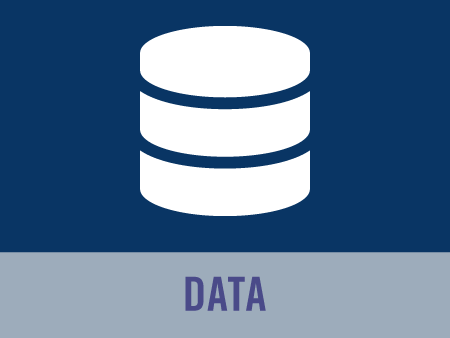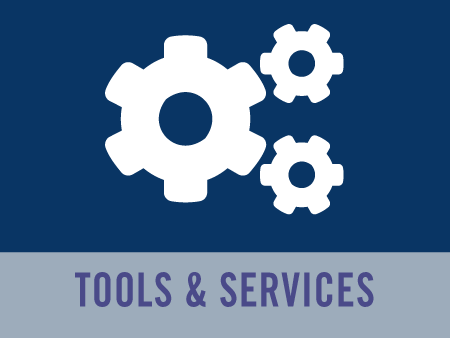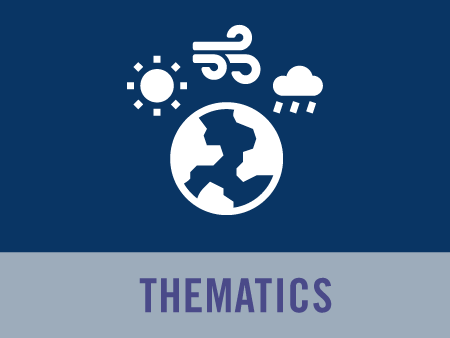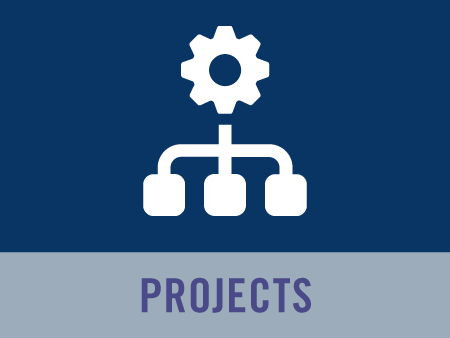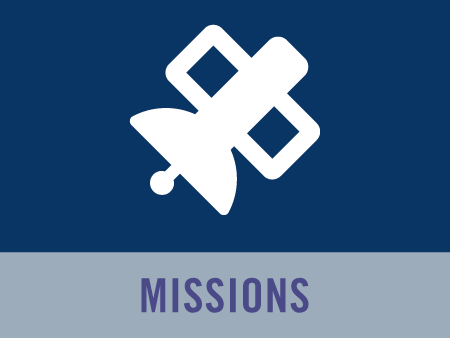Ocean’s Big Data Mining Summer School
This is an announcement for the Ocean’s Big Data Mining Summer School (#OBIDAM14) “Data mining in large sets of complex oceanic data: new challenges and solutions,” which will be held in Brest, France, from September 8th to 9th, 2014.
You will find more information in the short summary below and on the school's web page, at http://oceandatamining.sciencesconf.org. Please write to oceandatamining@sciencesconf.org if you need further information. The registration deadline is June 15th, 2014. We will be grateful if you could circulate this announcement to all students, postdocs and researchers who may be interested in participating.
Ocean’s Big Data Mining 2014 Summer School:“Data mining in large sets of complex oceanic data: new challenges and solutions,”
Directors: Guillaume Maze (LPO/Ifremer), Herlé Mercier (LPO/CNRS), Philippe Lenca (Telecom Bretagne), Ronan Fablet (Telecom Bretagne) and Jean-Francois Piollé (LOS/Ifremer).
This event is supported by Ifremer, Telecom Bretagne and Labex Mer.
Presentation of the course
The extraction of knowledge on ocean’s dynamic at small and large scales as well as the development of regional and global indicators of climate variability are hot topics, for which new technological and methodological challenges recently emerged. Database have grown bigger and bigger (from the giga to the peta-scale) with rapid updating frequencies (from the year/month to the day/hour scale), and involve complex structures and higher dimensionality (from one file/parameter to millions of files and dozens of parameters on multiple locations). To the physical oceanographic community it has become challenging to manage, explore and extract knowledge out of such databases. “Data Mining”, “Database Knowledge Discovery” or “Artificial Intelligence” are the names given to the research discipline dedicated to face such challenges. The school aims at fostering interactions between the “Data Mining” and “Oceanographic” research communities and for the latter to broaden its view on available analysis tools.
The target group of the school are postdocs, PhD students and research scientists, from all over Europe and beyond, from:
- the oceanographic community who wish to broaden their analysis skills of oceanic databases (such as from Argo, Cersat and SSALTO/DUACS). They should preferably be engaged in ocean physics studies, but work in a neighboring field such as atmospheric physics/meteorology and bio- or geo-sciences may also be considered.
- the data mining community seeking for new case studies and applications in the domain of environmental sciences.
#OBIDAM14 consists of a series of invited talks covering both theoretical and practical aspects of data mining tools and methods, including applications to environmental science. It also provide the opportunity to participants to present and discuss their research work during a dedicated poster session.
You will find more information on the school's web page, at http://oceandatamining.sciencesconf.org. Please write to oceandatamining@sciencesconf.org if you need further information.
#OBIDAM14 program at a glance
Monday, 8th:
- "Opportunities and Challenges in Mining Earth System Data", Prof. Vipin Kumar (Univ. of Minnesota)
- "Statistical methods for detecting and attributing climate changes", Dr. Philippe Naveau (LSCE)
- "Introduction to data mining. Example of remote sensing image analysis", Prof. Pierre Gançarski (iCube)
- Poster session and cocktail. To foster interactions between research communities, you are invited to present and discuss your research work.
Thursday, 9th:
- "SVM and kernel machines: linear and non-linear classification", Prof. Stéphane Canu (INSA)
- Practice sessions. Methods and algorithms introduced in the morning lecture will be implemented and tested against real case scenario and database. You can also bring in your own data and engage with the experts to start using the new technics.





